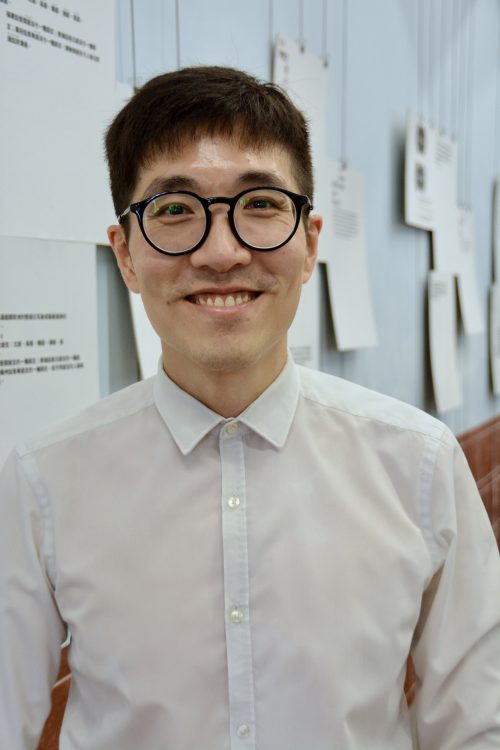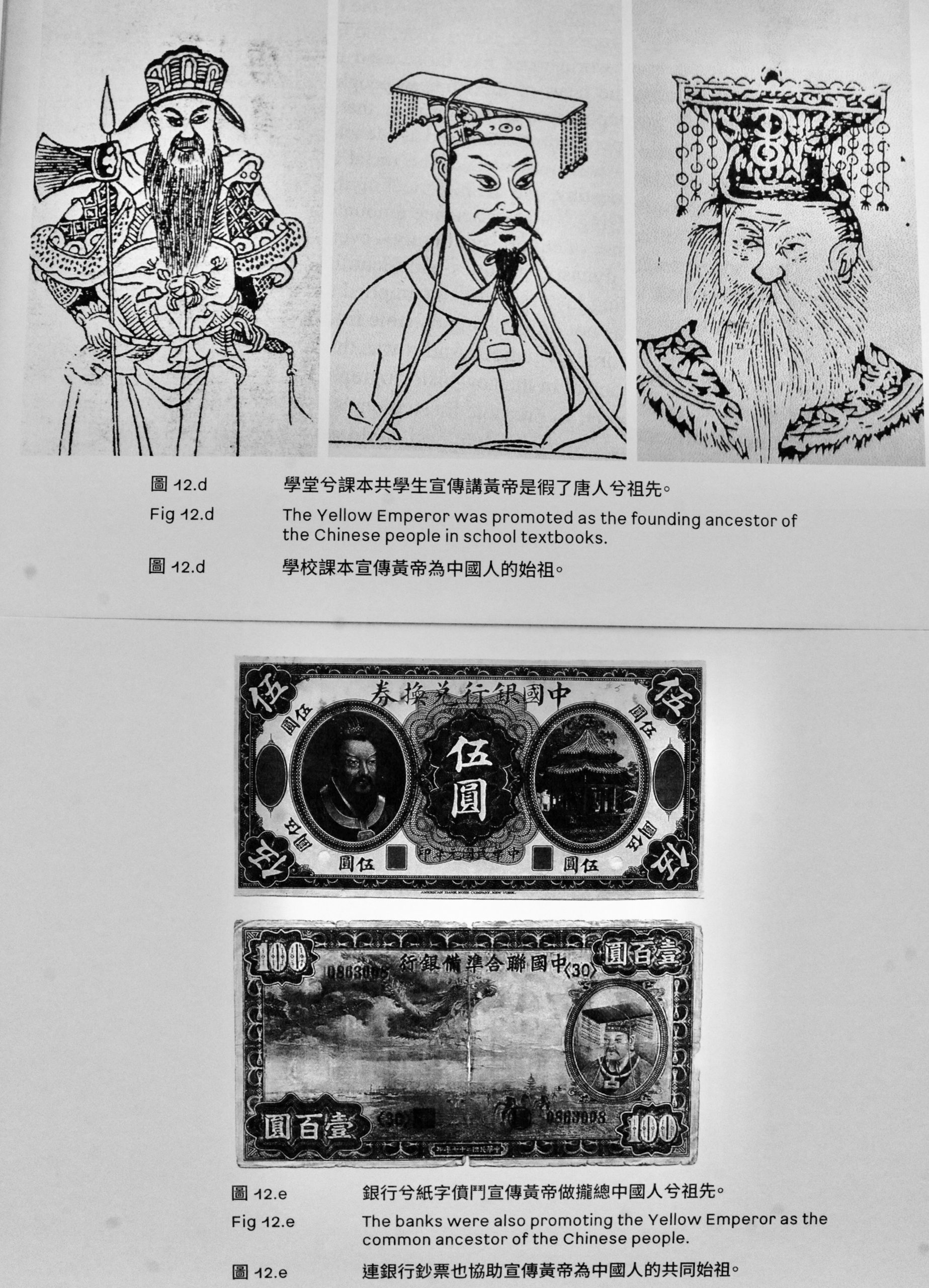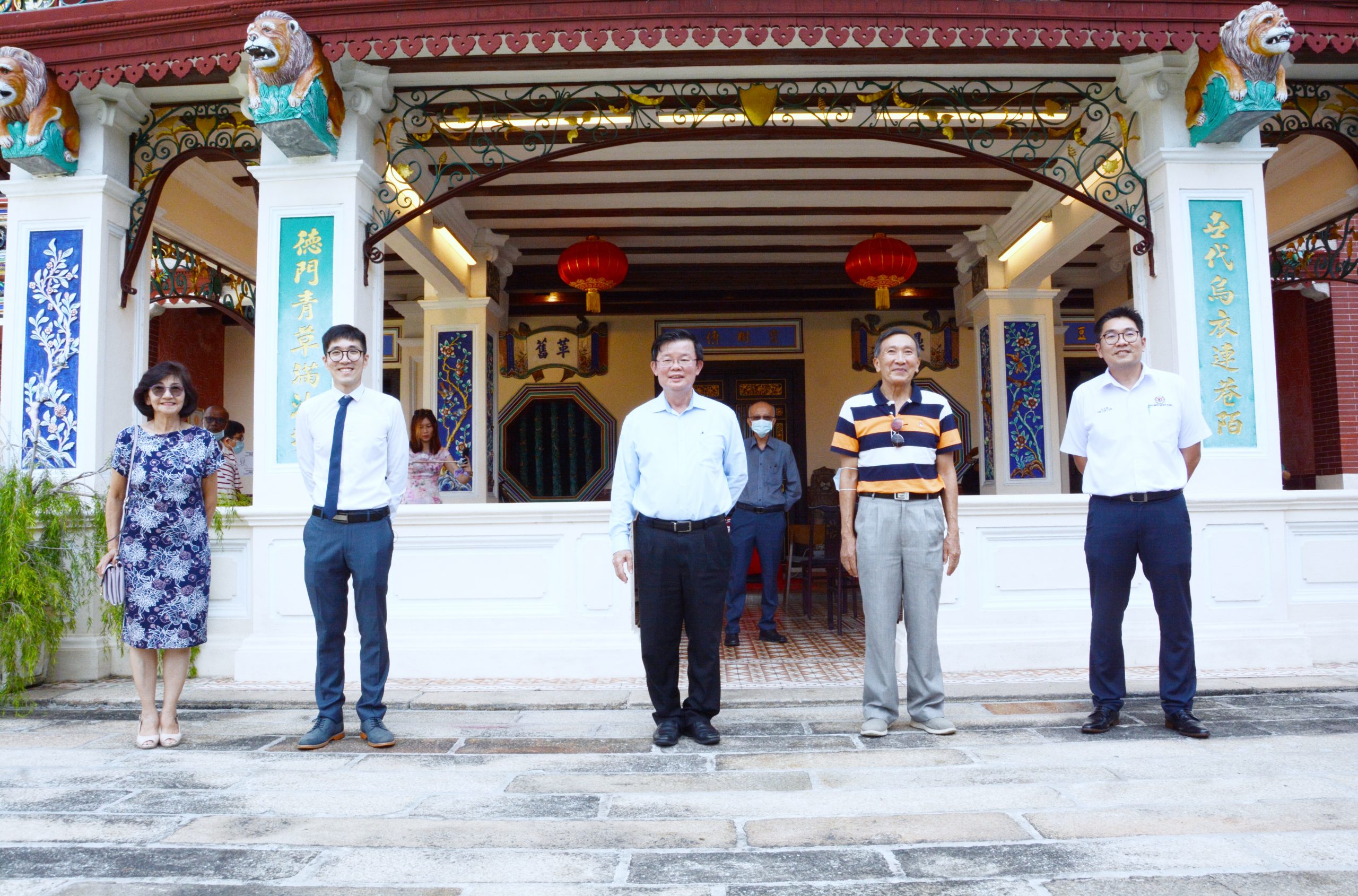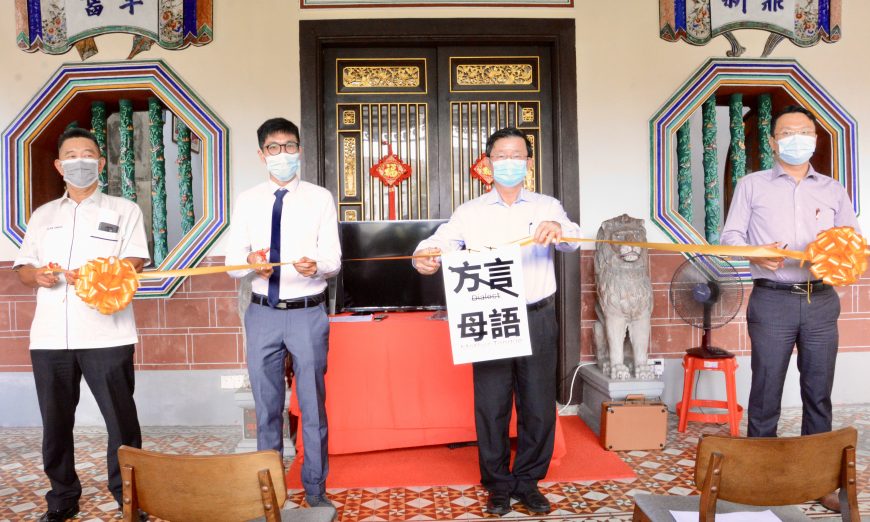HOKKIEN is a language and not a dialect, says Hokkien Language Association of Penang president Sim Tze Wei.
He said Han nationalist ideology in China has pushed Mandarin up and the other languages like Hokkien, Hakka and Teochew as “corrupt version of Chinese”.
As a matter of fact, Tze Wei, who is the younger brother of Bayan Baru MP Sim Tze Tzin, said Hokkien was once used as a medium of instruction in schools in the 1920s.
“We can see the result of Mandarin’s growth today to the extent that it almost wipes out other languages within a century,” Tze Wei said at the exhibition of the “The death and life of Hokkien: How an ideology wiped out your mother tongue” at the Seh Tek Tong Cheah Kongsi in Armenian Street today.
“The purpose of the exhibition is to tackle the ideology that Mandarin is the real Chinese language and the rest are corrupt Chinese languages, which is not true.
“Hakka, for instance, is a language. But the young generation thinks that Hakka is a dialect of Mandarin, which is not true.
“The exhibition is intended to help educators, policymakers and the general public to reflect on their own attitudes and presumptions.
“The content also sets out to challenge the mainstream narrative that puts the blame on parents for not speaking their mother tongue to their children, and also to challenge the idea that language extinction is just a matter of course.”

Tze Wei said it is largely ignored that education, particularly the language of instruction in schools, has an immense influence on the linguistic behaviour of the younger generations in society.
He added that parents who switch their family language are simply bowing to the pressure of education system in order to prepare their children for school.
“The education system is therefore the prime mover in the large-scale linguistic change of our society. If parents are to be blamed for not passing on their mother tongue at home, then policymakers and educators are accountable for creating the very conditions which give them no choice.”
Chief Minister Chow Kon Yeow, who was among the distinguished guests to launch the exhibition, said he was glad to have an opportunity to see the efforts taken by Tze Wei and five clan houses – Cheah Kongsi, Khoo Kongsi, Tan Kongsi, Yeoh Kongsi and Lim Kongsi – in reviving Hokkien.
“One to two years ago, I had read about Mr Sim (Tze Wei) in the newspapers telling about the story of Hokkien and its problems,” Chow said in Hokkien in his speech.
“He is a very passionate about Hokkien. For it to thrive, it is important for more people to understand its history, speak Hokkien and use Hokkien. If not, one day it may become extinct.
“I’m happy to support the works of the five clan associations and others in promoting Hokkien.”

Seh Tek Tong Cheah Kongsi chairman Alan Cheah Teik Cheng said his association was honoured to play its part to revive the Hokkien language which has since been demoted to a dialect.
“It is our ardent hope that through this exhibition which will run for three months barring any future developments of the Covid-19 pandemic, we can create an awareness and try to revive Hokkien language to its former glory,” Cheah said in his speech.
He said the arrival of Cheah ancestors in Penang in 1644 indicates that they were amongst the earlier Chinese migrants to bring the Hokkien language to Malaysian shores.
“Currently in Penang, we see many people of other races speak fluent Hokkien ala Penang style especially the Indians, Sikhs and even Malays too,” said Cheah.

Among the guests who attended the exhibition were state executive councillors Chong Eng, Yeoh Soon Hin and Soon Lip Chee, Bukit Mertajam MP Steven Sim, Pengkalan Kota assemblyman Daniel Gooi, Tze Wei’s parents Sim Joo Hup and Tan Mee Suan, and brother Tze Tzin.
The exhibition, from 9am to 5pm, runs for three months until Oct 25. Ticket is priced at RM10.
Story by K.H. Ong
Pix by Law Suun Ting

